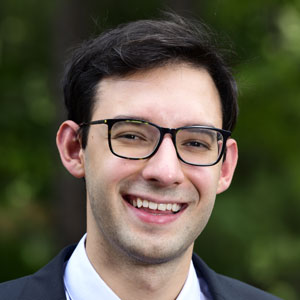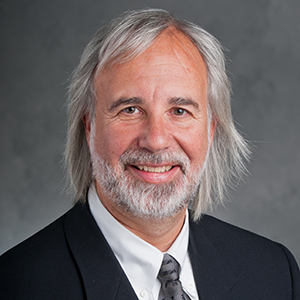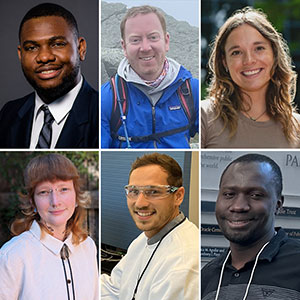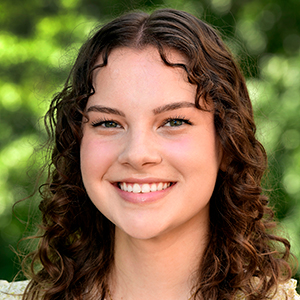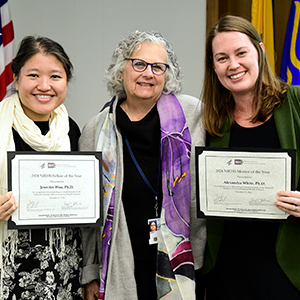Molly Frazar is the 24th recipient of the Karen Wetterhahn Memorial Award, which is bestowed annually by the NIEHS Superfund Research Program (SRP). Frazar was recognized for her work to develop inexpensive and reusable sorbent materials to clean up drinking water contaminated with per- and polyfluoroalkyl substances (PFAS).
“Her approach to research and mentorship aligns with the interdisciplinary scientific excellence exhibited by Karen Wetterhahn,” said SRP Director William Suk, Ph.D. “Molly exemplifies Dr. Wetterhahn’s legacy, and we are very excited to see her continue growing as an outstanding environmental health leader and all she will accomplish in the future.”
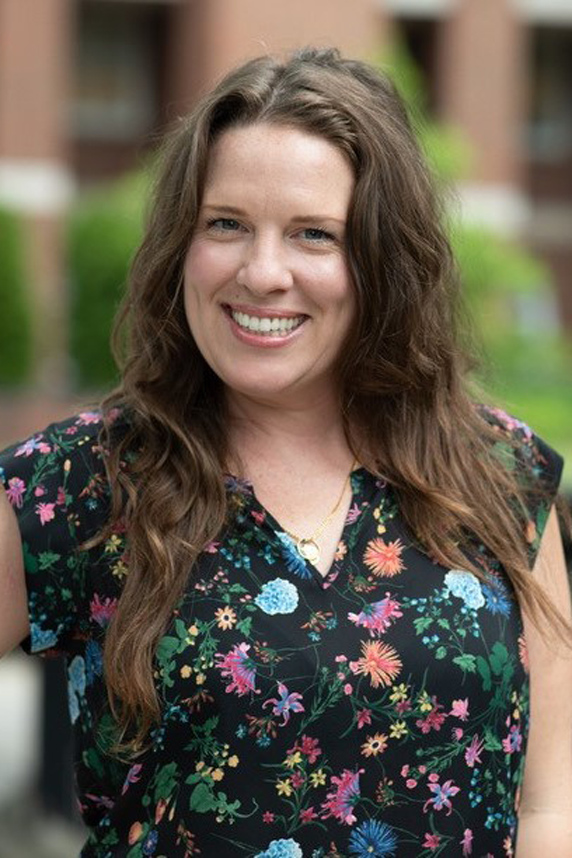 “Environmental health problems are complex issues that can only be confronted through interdisciplinary approaches,” said Frazar. “Throughout my career, I will continue to evoke Dr. Wetterhahn’s dedication to advancing science and her strong belief that the life-sciences are interdisciplinary.” (Photo courtesy of Molly Frazar)
“Environmental health problems are complex issues that can only be confronted through interdisciplinary approaches,” said Frazar. “Throughout my career, I will continue to evoke Dr. Wetterhahn’s dedication to advancing science and her strong belief that the life-sciences are interdisciplinary.” (Photo courtesy of Molly Frazar)Frazar is pursuing a doctoral degree under the guidance of J. Zach Hilt, Ph.D., at the University of Kentucky (UK) SRP Center.
“To be associated with Dr. Wetterhahn is a huge honor,” Frazar said. “It is extremely meaningful to me to be seen as somebody who contributes in a significant way to scientific knowledge and to the mentorship of young people. That’s why I became a scientist.”
Sustainable remediation technology
She and her colleagues are developing sorbents that can bind and capture PFAS. By combining iron oxide nanoparticles with polymers that can respond to environmental changes such as temperature, they successfully optimized an array of sorbents that can be fine-tuned to bind PFAS more efficiently. A nanoparticle is matter between 1 and 100 nanometers in size, and a polymer is a natural or synthetic material made of very large molecules that form when smaller molecular units called monomers bond chemically.
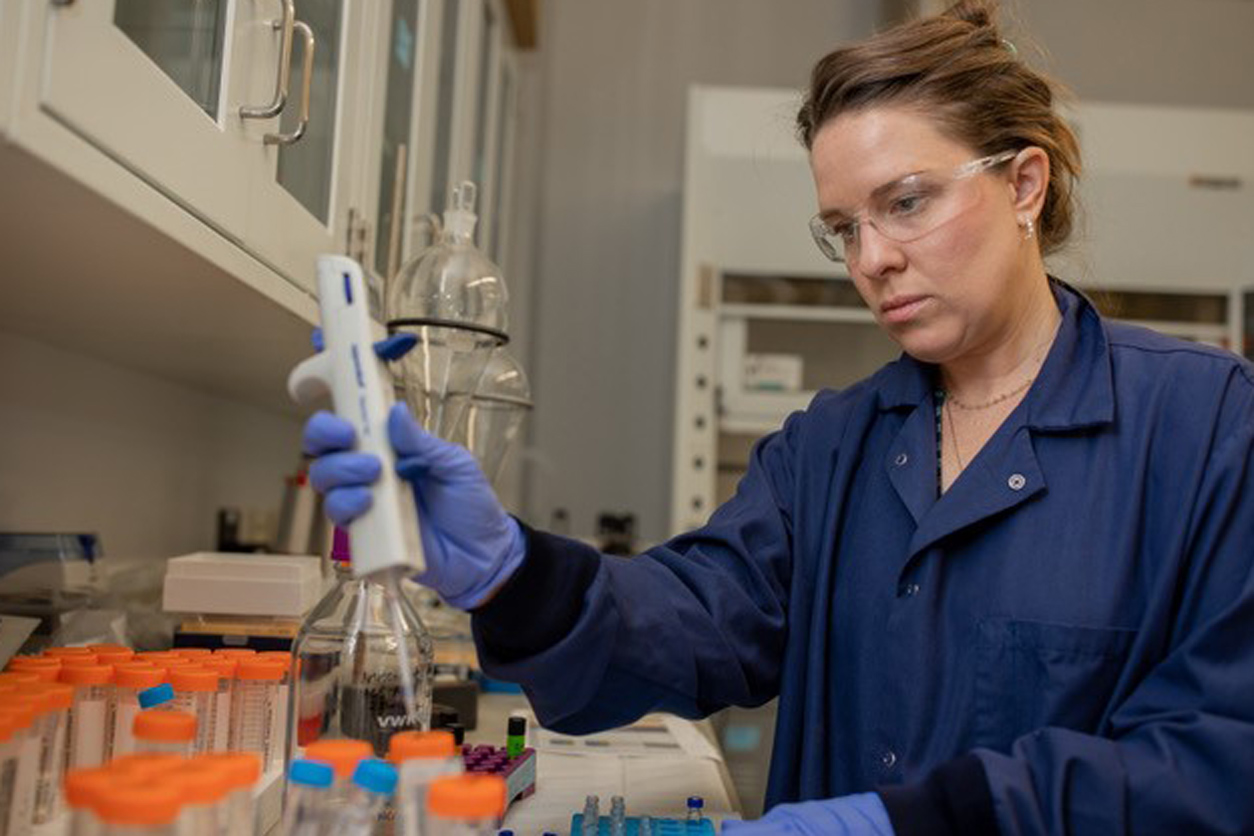 “Being an SRP trainee has provided me with a diverse academic training,” said Frazar. “It has helped me gain the knowledge necessary to uphold rigorous standards in laboratory settings, identify opportunities for interdisciplinary projects, and lead complicated research plans to push science towards new discoveries.” (Photo courtesy of Molly Frazar)
“Being an SRP trainee has provided me with a diverse academic training,” said Frazar. “It has helped me gain the knowledge necessary to uphold rigorous standards in laboratory settings, identify opportunities for interdisciplinary projects, and lead complicated research plans to push science towards new discoveries.” (Photo courtesy of Molly Frazar)“I hope to develop reusable technologies that effectively clean up PFAS in water,” Frazar said. “To me, an important aspect of this is ensuring these tools also meet the needs of stakeholders, are easy to use, and scale up to the field.”
Traditional remediation technologies can be costly and difficult to generate, so the team is using low-energy inputs and magnetic fields to make these materials easily recyclable, meaning they can be used again at other contaminated sites. According to Frazar, these techniques allow for recyclability at a much lower cost than traditional sorbents, such as activated carbon.
Mentoring future science leaders
Frazar strives to inspire youth to pursue careers in science. She is actively involved in mentoring undergraduate students, particularly young women who are underrepresented in science, technology, engineering, and mathematics (STEM).
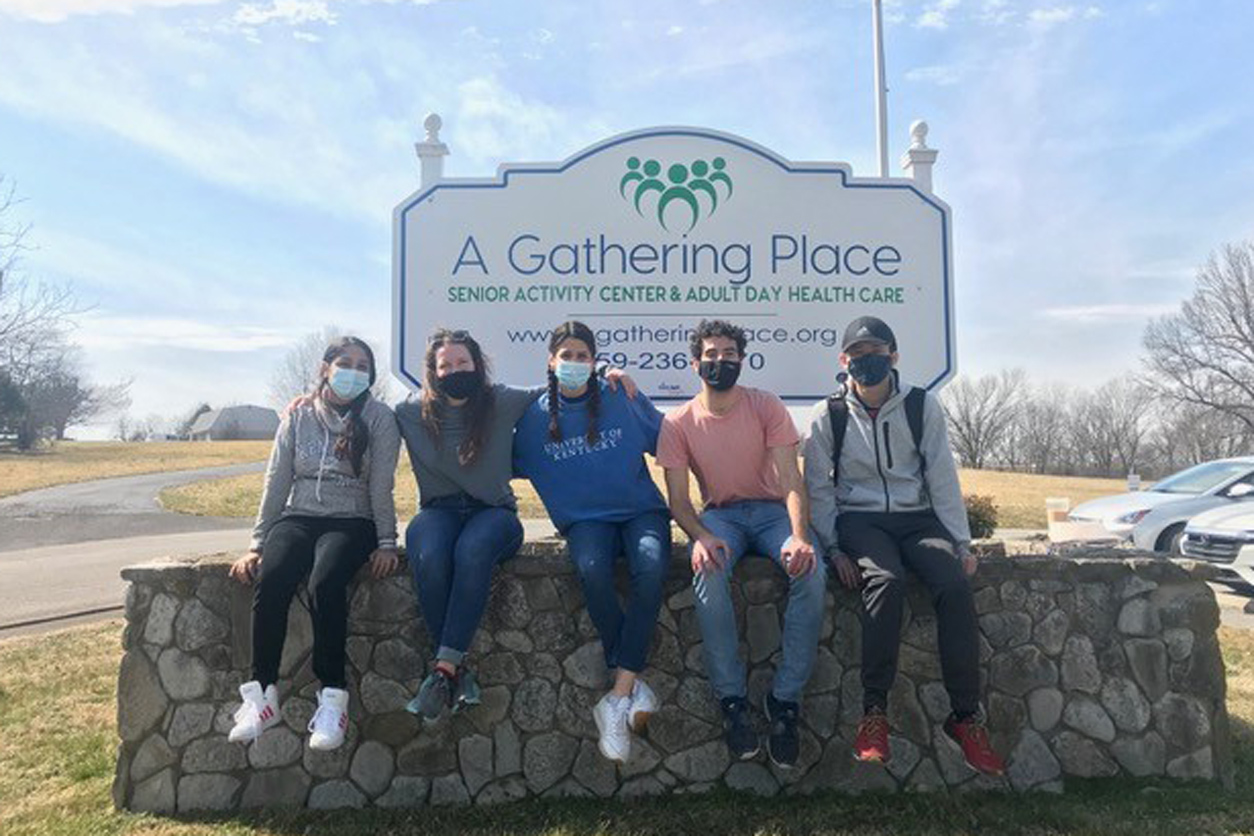 Frazar and UK SRP Center trainees Sweta Ojha, Victoria Klaus, Francisco Leniz, and Herman Tay paused for a photo after picking berries and spending time with residents of a senior center in Danville, Kentucky. This is part of a project that promotes healthy eating as a way to counteract negative effects of pollution on the body. (Photo courtesy of the UK SRP Center)
Frazar and UK SRP Center trainees Sweta Ojha, Victoria Klaus, Francisco Leniz, and Herman Tay paused for a photo after picking berries and spending time with residents of a senior center in Danville, Kentucky. This is part of a project that promotes healthy eating as a way to counteract negative effects of pollution on the body. (Photo courtesy of the UK SRP Center)“As a young scientist myself, it is important for me to encourage future generations to start thinking about strategies, such as sustainable technologies, that create meaningful change for communities facing environmental challenges,” Frazar said. “Just like Dr. Wetterhahn, I am very passionate about making STEM fields inclusive for less-represented groups, particularly women.”
Down the road — research, policy
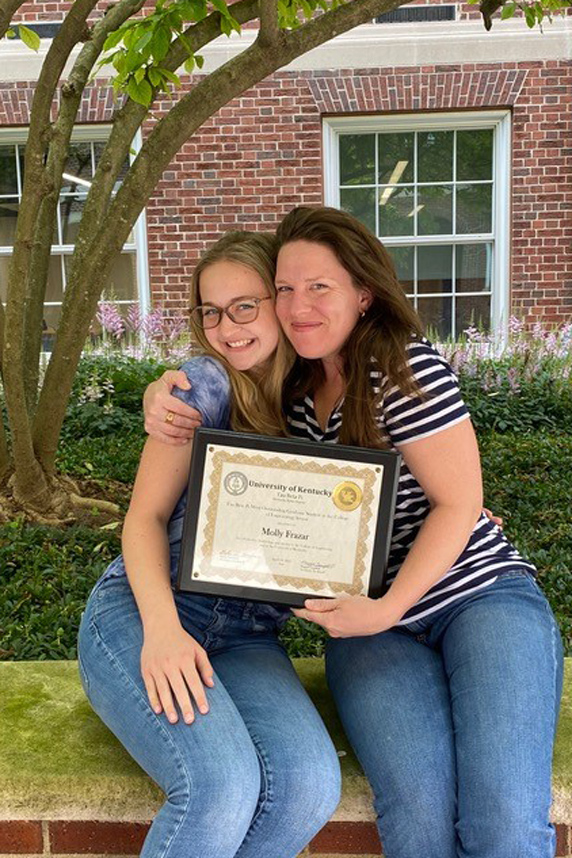 Frazar’s mentorship led her to receive the UK Tau Beta Pi Most Outstanding Graduate Student award, for which she was nominated by her undergraduate research mentees. Here, she is shown with Anicah Smith, a chemical engineering undergraduate student. (Photo courtesy of Molly Frazar)
Frazar’s mentorship led her to receive the UK Tau Beta Pi Most Outstanding Graduate Student award, for which she was nominated by her undergraduate research mentees. Here, she is shown with Anicah Smith, a chemical engineering undergraduate student. (Photo courtesy of Molly Frazar)Earlier this year, Frazar received a K.C. Donnelly Externship Award to work with researchers at the U.S. Environmental Protection Agency. She said that through that experience, she gained a deeper understanding of how environmental health sciences research can support decision-making related to chemical risk assessment.
Going forward, Frazar aims to build on her strong scientific background and experience collaborating with stakeholders. She said that she hopes her efforts help to address the harmful effects of pollution, particularly in the most vulnerable communities.
“The paradigm set forth by Dr. Wetterhahn has lived on through women researchers with like-minded goals and ideas,” said Frazar. “I plan to continue following her footsteps by advancing scientific knowledge — through inclusive and meaningful research — that informs policies and positively impacts both local and global communities.”
Citation: Frazar EM, Shah RA, Dziubla TD, Hilt JZ. 2021. Multifunctional temperature-responsive polymers as advanced biomaterials and beyond. J Appl Polym Sci. 137(25):48770.
(Mali Velasco is a research and communication specialist for MDB Inc., a contractor for the NIEHS Superfund Research Program.)





